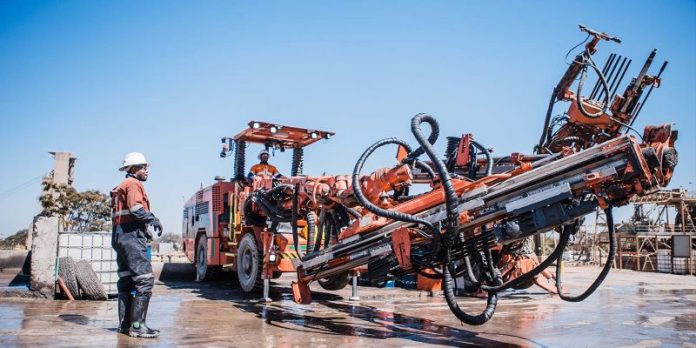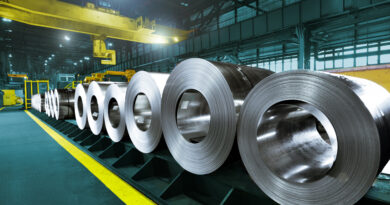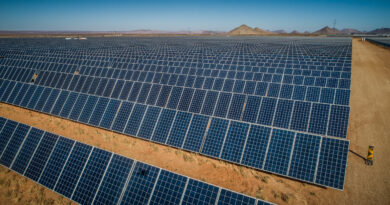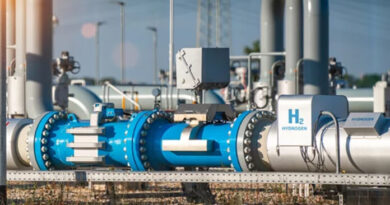Chinese firm in a deal to buy Zambia’s Lubambe copper mine as the Asian nation aims to lead global green energy transition
Chinese firm JCHX Mining Management is nearing the completion of a deal to acquire Zambia’s Lubambe copper mine as the East Asian country aims at topping global green energy revolution.
The deal which is at its approval stage is poised to see the Shanghai-listed mining services and contracting company hold 80 per cent stake in the mine, currently held by Australian-based investment firm EMR Capital.
This is the recent move by the Chinese firms to finalise their acquisition of significant copper, cobalt, and lithium mining projects across Africa is solidifying their dominance in the critical minerals market, as Beijing aims to lead the global green energy transition.
The Zambian government, via ZCCM Investments Holdings, will retain a 20 per cent stake in the mine located in Chililabombwe, a town in Zambia’s Copperbelt Province near the Democratic Republic of the Congo (DRC) border.
JCHX Mining announced earlier this year that it would acquire the technically insolvent Lubambe copper mine for just US$2. The Chinese firm will establish a project company to purchase the stake for US$1 from EMR Capital and pay another US$1 to assume the mine’s US$857 million debt.
Zambia, Africa’s second-largest copper producer after the DRC, boasts abundant resources such as gold, precious stones, nickel ore, sulfur, ferroalloys, iron bars, cobalt, tobacco, and soybean meal, attracting numerous Chinese companies.
Strong presence
JCHX Mining, which has been operating in Zambia for over 20 years, has established a strong presence in contract mining and resource investment. Since 2017, it has been providing underground mining services to the Lubambe copper mine.
Lauren Johnston, an associate professor at the University of Sydney’s China Studies Centre, recalls EMR Capital’s beginnings in Beijing about 15 years ago, when current CEO Jason Chang was advising Australians on creating a resources fund with Chinese investment.
Johnston noted that this early familiarity with Chinese and Australian minerals investment could influence a proactive approach to geopolitical tensions. “Rising tensions in the renewables supply chain between China and Western countries are increasing restrictions on acquisitions in renewables-related minerals,” she said. This, along with the importance of copper in new energy, may explain JCHX Mining’s interest in Zambia’s Lubambe mine and EMR Capital’s decision to sell its 80 percent stake.
The acquisition in Zambia follows Chinese company MMG’s US$1.9 billion purchase of Botswana’s Khoemacau copper mine. MMG aims to build a portfolio of mines critical for a decarbonized world. Khoemacau has over 6 million tonnes of copper reserves and extensive mining rights.
Other investments
Chinese firms also have significant investments in the DRC, Zimbabwe, and iron ore projects in Guinea, Cameroon, Sierra Leone, and Algeria. A Carnegie Endowment study noted that Africa’s mineral exports to China jumped to $50 billion in 2021 from $15 billion in 2010, with Chinese investments expanding to ore extraction and processing.
Zainab Usman, director of Carnegie’s Africa Programme, stated that China’s demand for minerals, especially for renewable energy and electric vehicles, drives its engagement in Africa’s mining sector.
“If the electric vehicle industry keeps expanding, we can anticipate a corresponding increase in demand for African minerals and metals essential for EV battery production, particularly cobalt, lithium, and graphite,” said Usman.
She added that African mineral exports to China hinge on the growth of industries like electric vehicles, where China leads globally as the largest producer, consumer, and exporter.




